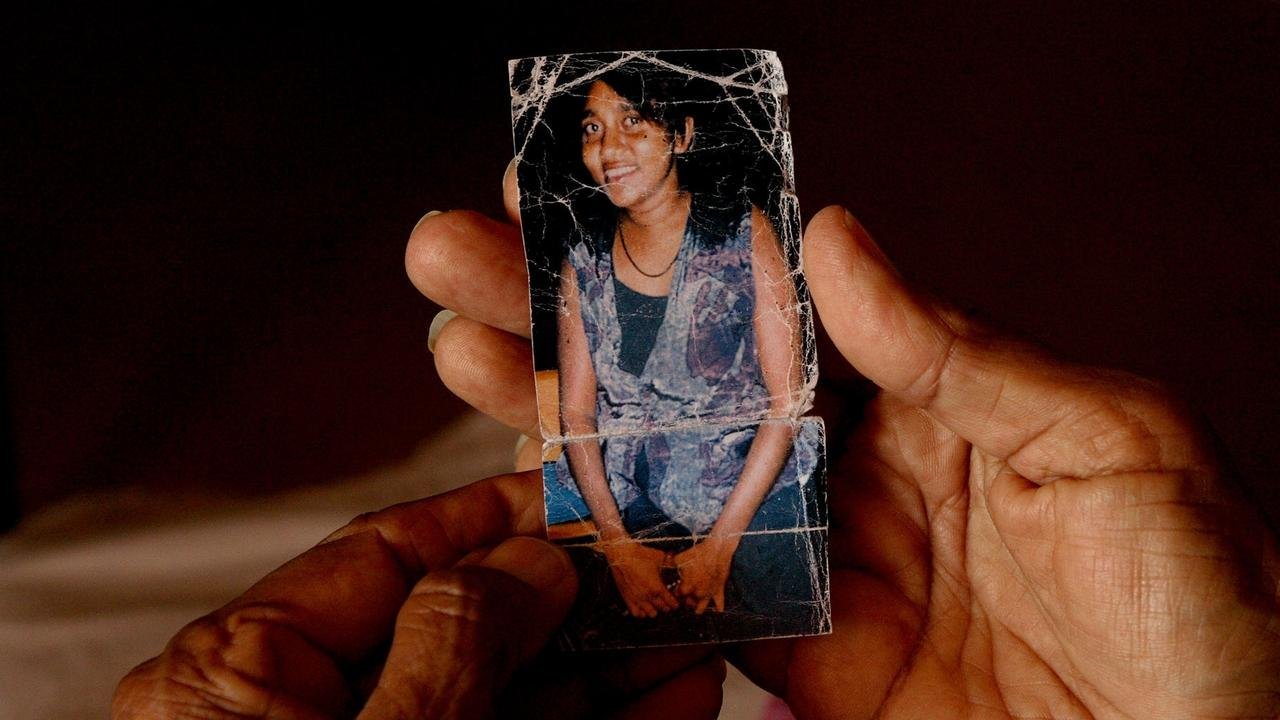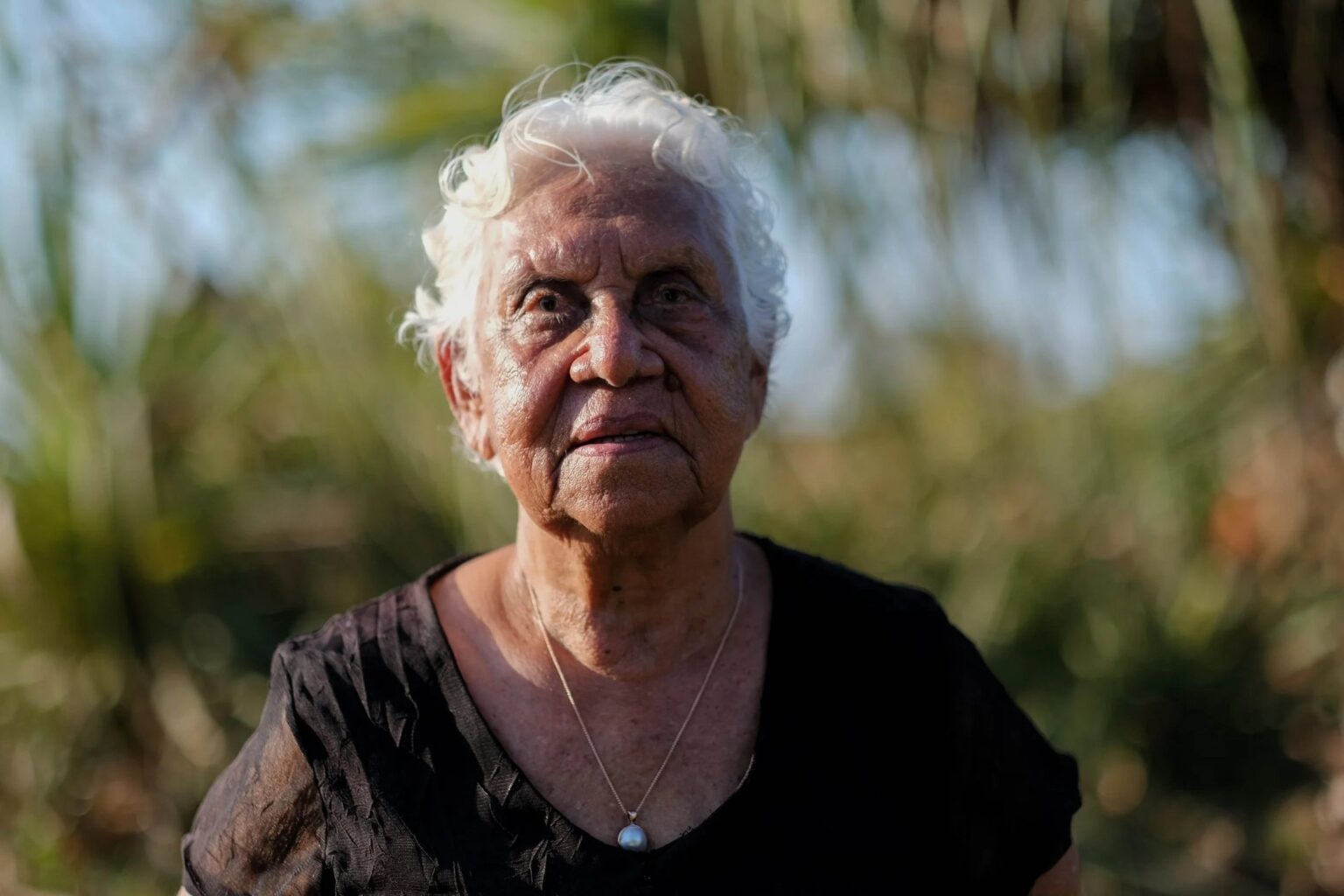Desperate Mum’s 30-Year Fight for Justice: “Police Failed My Daughter, Now I’m Taking on the UN”
- Australian Navy sailor Richard Edward Dorrough was never charged despite confessing to killing three women in a suicide note.
- WA Police allegedly botched the investigation, taking nine days to send a homicide squad to Broome and failing to search Dorrough’s accommodation.
- Irene Davey’s submission to the UN Committee on the Elimination of Discrimination against Women (CEDAW) could put pressure on the Australian government to take action.
- The case is one of seven being submitted as part of the Seven Sisters project, highlighting the shocking rates of violence against Aboriginal and Torres Strait Islander women.
Irene Davey’s world was shattered almost 30 years ago when her 21-year-old daughter Sara-Lee went missing in the West Australian town of Broome. Despite a coronial inquest finding that Sara-Lee died after a “violent confrontation” with Australian Navy sailor Richard Edward Dorrough, Irene’s fight for justice is far from over.
In a heartbreaking development, Irene has submitted her case to the UN Committee on the Elimination of Discrimination against Women (CEDAW), alleging that WA Police and the Australian Navy failed to properly investigate her daughter’s disappearance. The submission is part of the Seven Sisters project, which highlights the shocking rates of violence against Aboriginal and Torres Strait Islander women.
“We taught our daughter to be friendly, she was a happy person, so full of life, had everything in front of her,” Irene said, her voice cracking with emotion. “For her life to be taken like that was the hardest thing for my husband, myself and my family to cope with.”
Irene’s submission to the UN is a desperate bid for justice, and she hopes it will bring attention to the shocking rates of violence against women and children in Australia. Aboriginal and Torres Strait Islander women are up to seven times more likely to be killed than the national average, and Irene believes that her daughter’s case is just one example of the systemic failures that allow perpetrators to escape punishment.

“The police failed to conduct a proper and timely investigation,” Irene alleged. “They took nine days to send a homicide squad to Broome, despite my pleading. They failed to search Dorrough’s accommodation, and they never even updated me on the investigation.”
Irene’s claims are backed up by Curtin University associate professor Hannah McGlade, who has been working with families on submissions to the UN. “There were systemic failures, systemic discrimination, racial discrimination against the victim and her family,” Dr McGlade said. “We see this consistently – violence and murders of Aboriginal women are not taken as seriously as they should be.”
Irene’s submission to the UN is a groundbreaking move, and it could put pressure on the Australian government to take action. “If the UN accepts our submissions, it will be a wake-up call for Australia,” Dr McGlade said. “We say we are a country that’s committed to human rights, but we need to take action to prove it.”
For Irene, the submission is a chance to finally get justice for her daughter. “I just want a place where I can celebrate who my daughter was and who she could have been,” she said. “I think about her smile, the times we spent together – she was just a fun daughter. She would have been a good mum.”
WA Police have confirmed that Sara-Lee’s case remains an open investigation, but Irene is not holding her breath. “I’ve been fighting for justice for 30 years,” she said. “I won’t give up until I get it.”

